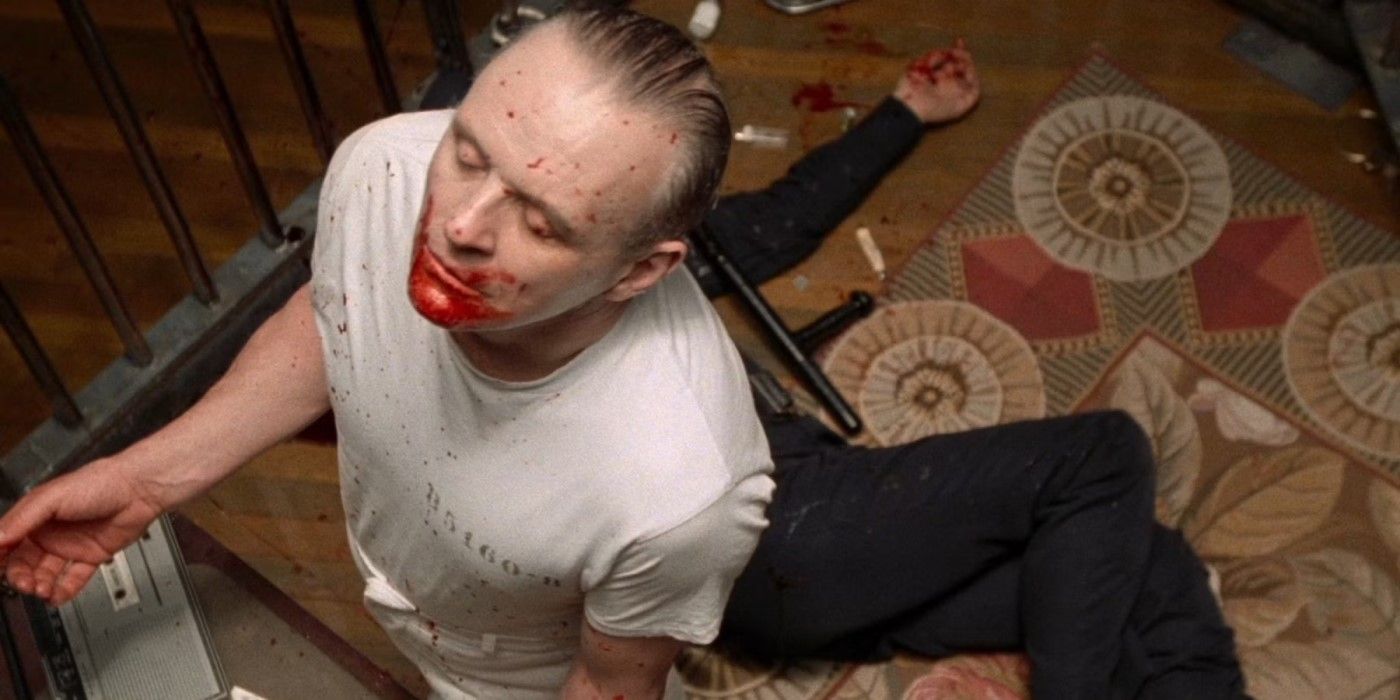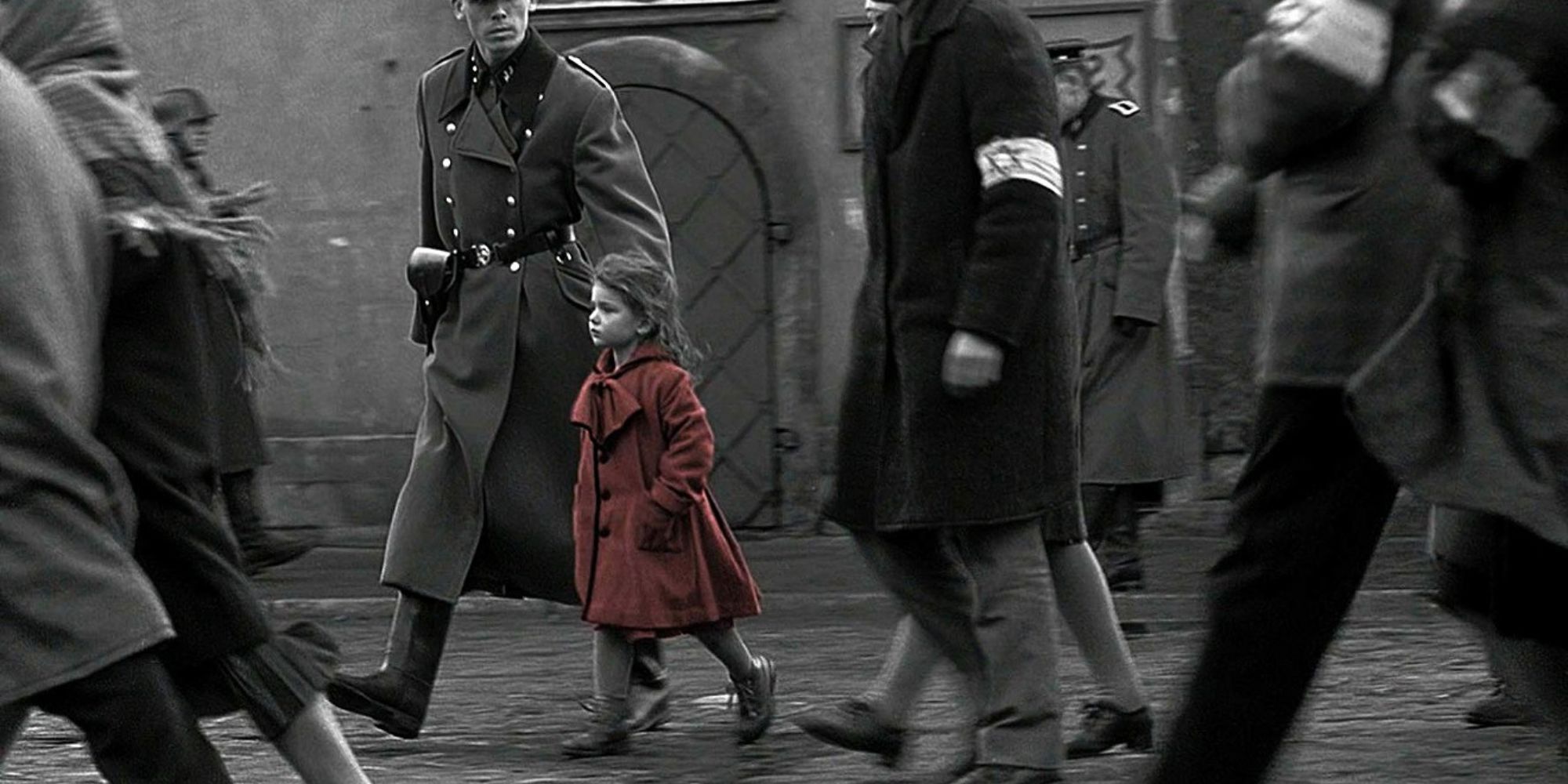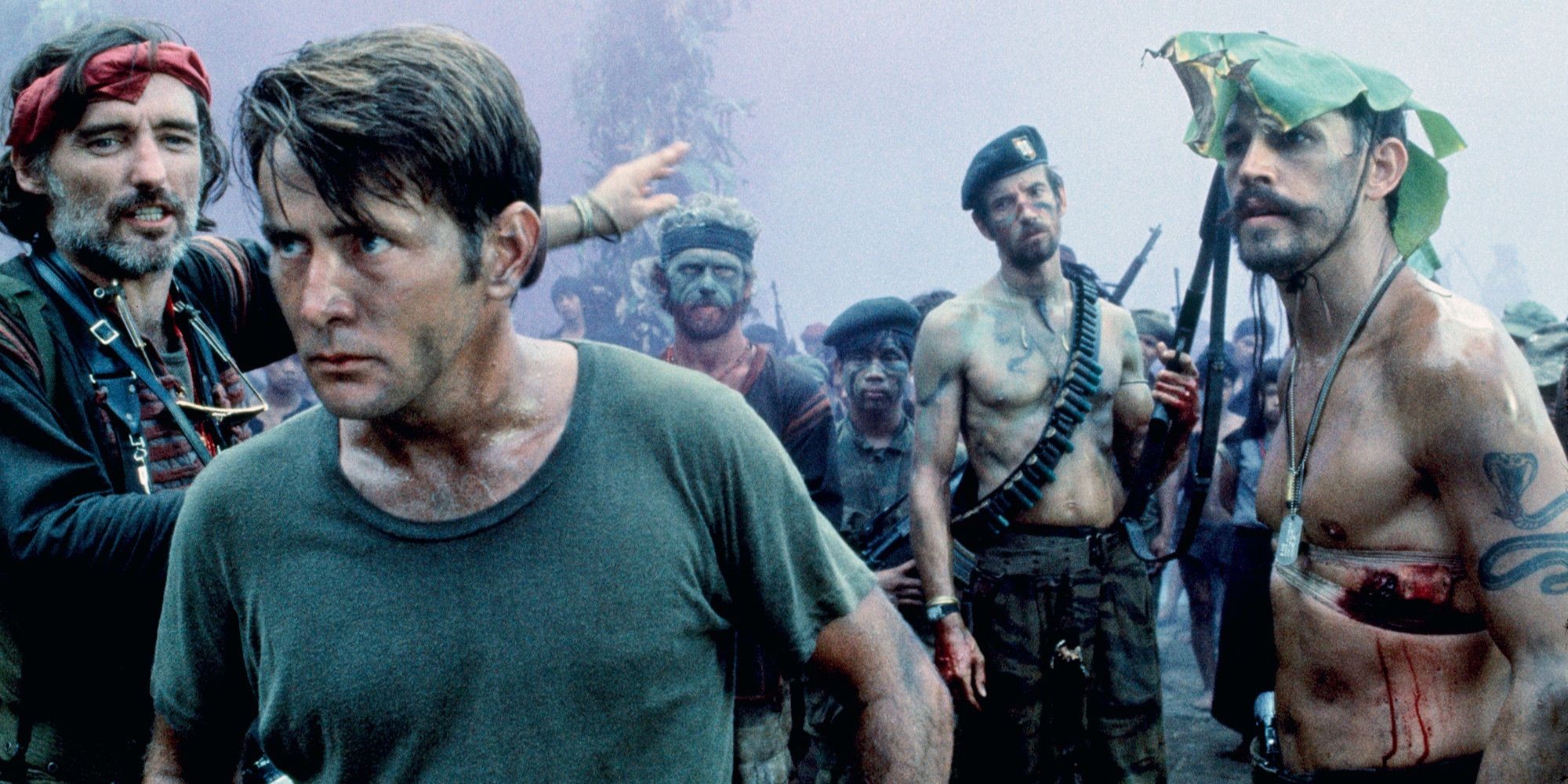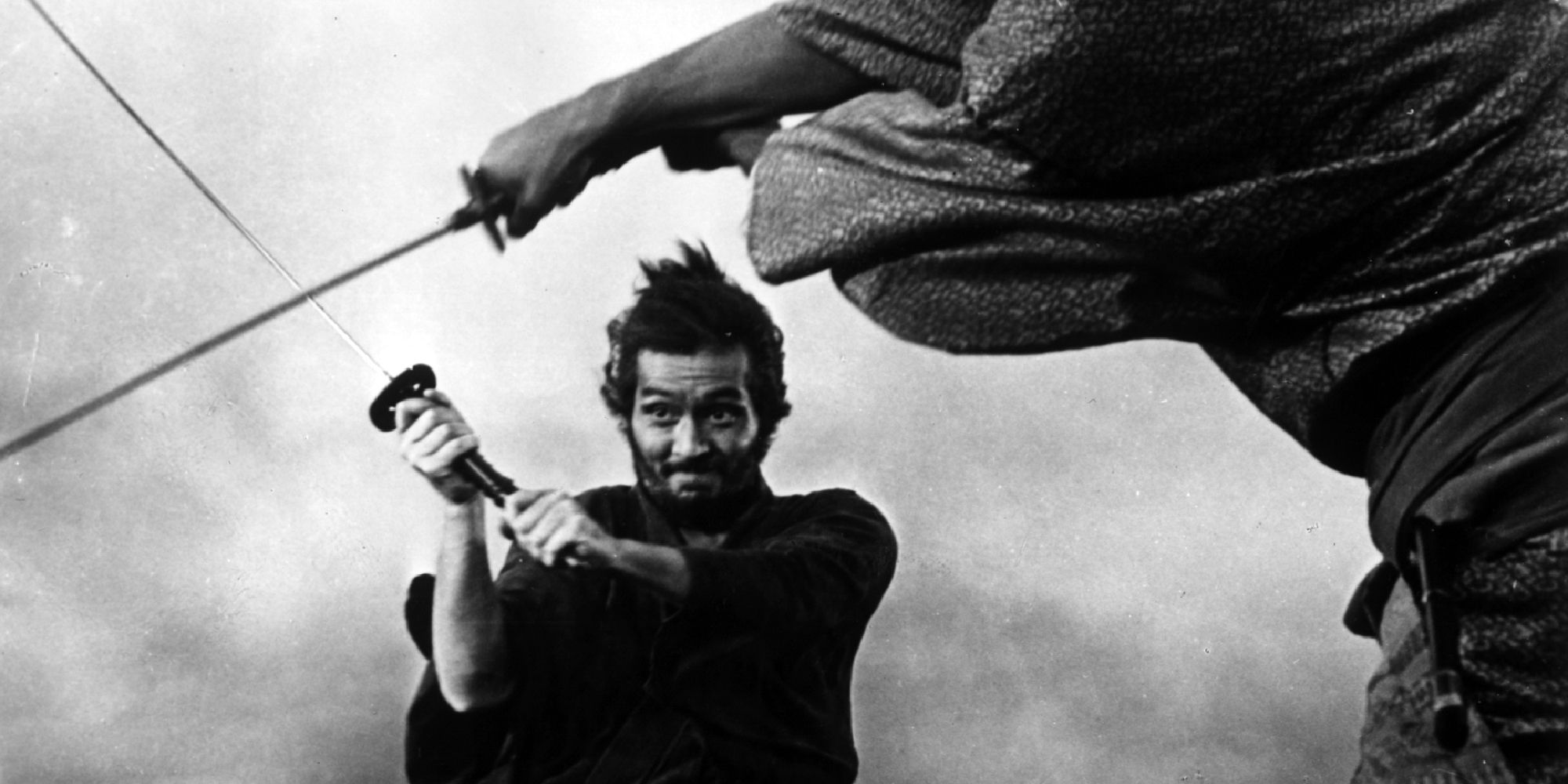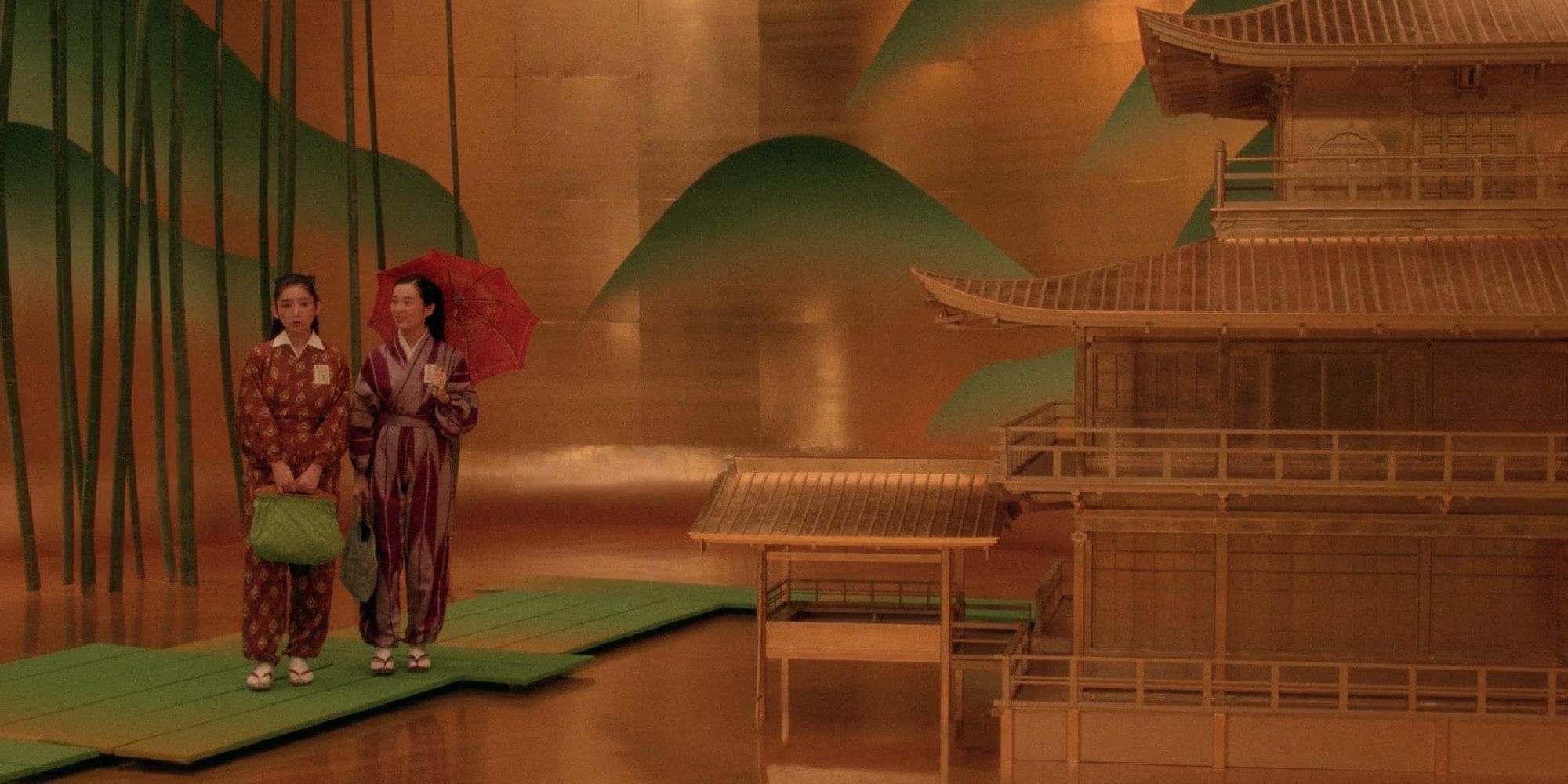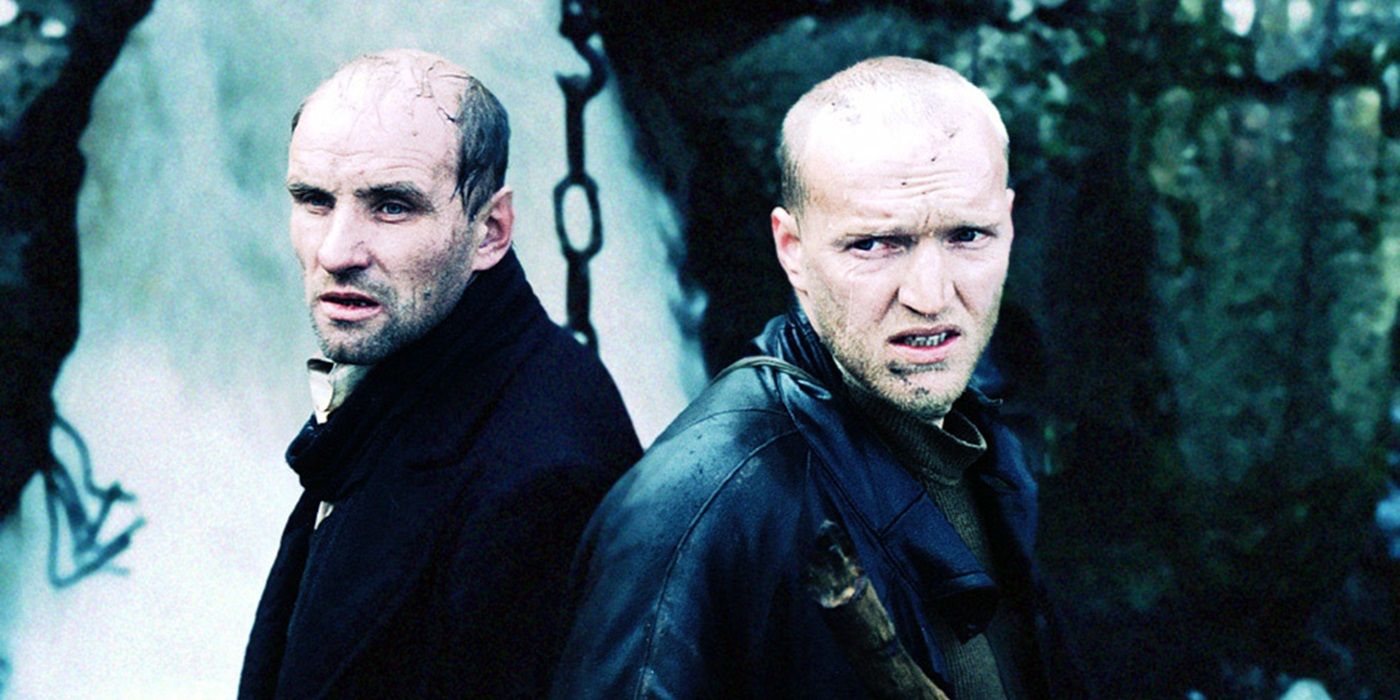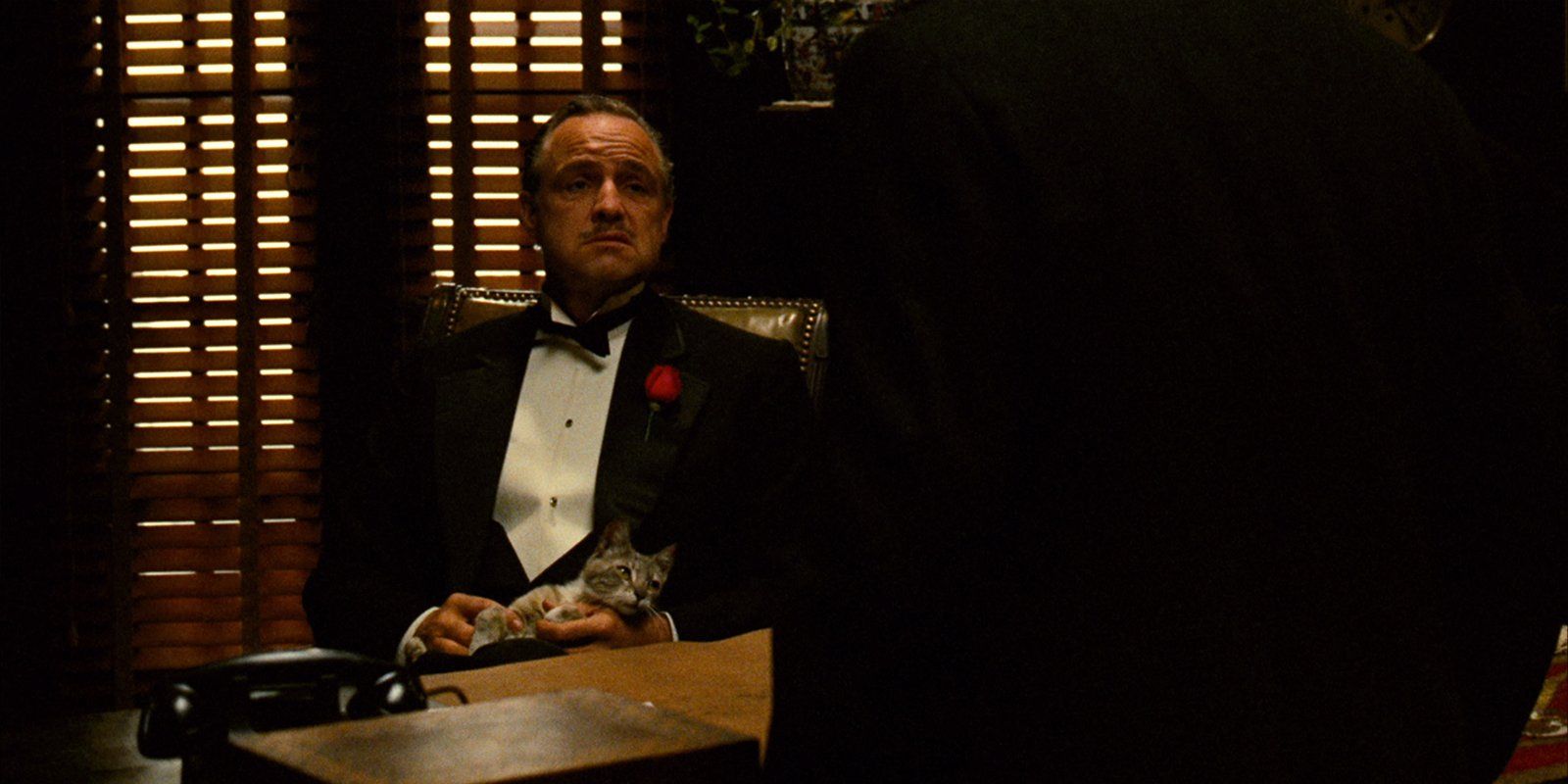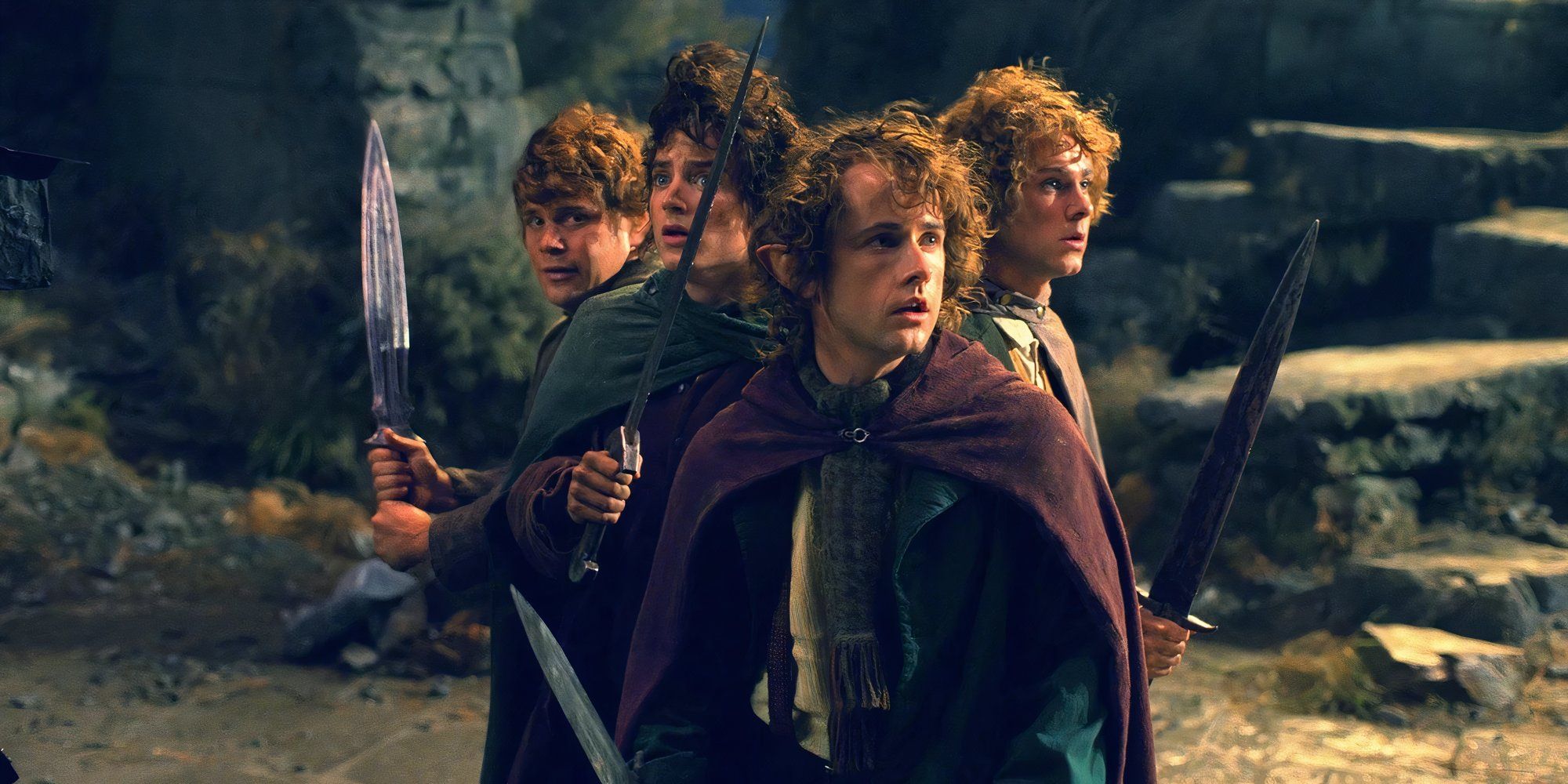Ever since the legendary Georges Méliès turned the likes of Cinderella and Hamlet into wonderful films, cinema has never stopped showing its love for adapting literature and turning it into movies. Indeed, throughout the decades, plenty of books — some highly acclaimed, some much more obscure — have been taken by filmmakers and transformed into some of the greatest motion pictures in history.
Artists like Francis Ford Coppola and Frank Darabont have, on repeated occasions, proved their mastery at turning novels and novellas into exceptional films. Some of the greatest movies of all time, from Apocalypse Now to The Shawshank Redemption, are excellent adaptations of wonderful literature, proving that these two art forms have a lot more in common than it may seem on the surface.
10 ‘Goodfellas’ (1990)
Based on ‘Wiseguy: Life in a Mafia Family’ (1985) by Nicholas Pileggi
There are a handful of directors whose names tend to be immediately associated with a genre that they revolutionized. Martin Scorsese, the master of mob dramas, is one such director. Perhaps his best work in the genre is Goodfellas, the true story of Henry Hill and his life in the mafia, covering his relationship with his wife Karen and his partners, Jimmy Conway and Tommy DeVito.
The script, penned by Scorsese and crime reporter Nicholas Pileggi, is based on Pileggi’s Wiseguy, a non-fiction book chronicling Hill’s mafia career. The result is the perfect basis for what’s probably the best gangster biopic ever. Brilliantly directed and with some stunningly great performances, Goodfellas is as stylish and entertaining as it is emotionally devastating.
- Release Date
- September 12, 1990
- Director
- Martin Scorsese
- Runtime
- 145 minutes
9 ‘The Shawshank Redemption’ (1994)
Based on ‘Rita Hayworth and Shawshank Redemption’ (1982) by Stephen King
One of the most-watched and highest-rated movies on IMDb, The Shawshank Redemption is proof that Stephen King isn’t a one-trick pony. Directed by common Stephen King story adapter Frank Darabont, it’s a prison epic about a banker wrongfully convicted of killing his wife. In prison, he forms an over quarter-of-a-century-long friendship with a hardened convict, while maintaining his innocence and trying to remain hopeful through the whole ordeal.
There’s a good reason why Shawshank is so beloved. Massively expanding the characters and story of King’s novella, it’s one of those films that far surpass their source material. The character arcs are deeply compelling, the story’s emotional core is moving beyond words, and the third act is one of the most life-affirming in the history of cinema.
The Shawshank Redemption
- Release Date
- October 14, 1994
- Director
- Frank Darabont
- Runtime
- 142 minutes
- Main Genre
- Drama
8 ‘The Silence of the Lambs’ (1991)
Based on ‘The Silence of the Lambs’ (1988) by Thomas Harris
Not everyone agrees that The Silence of the Lambs is a horror movie, but the argument that it’s a damn terrifying thriller is a universally accepted one. It’s a police procedural where a young FBI cadet must receive the help of an incarcerated cannibal serial killer, in order to catch another serial killer. With Oscar-winning performances by Jodie Foster and a chilling Anthony Hopkins in the lead roles, it’s a psychological drama that should be perfectly able to send chills down anyone’s spine.
The film, one of the best psychological thrillers of all time, is based on a horror thriller of the same title that’s every bit as good, if not perhaps even better. The adaptation has perfect performances, perfect direction, and a perfectly nail-biting third act, making for an experience so intense that it’s easy to forget to breathe while watching it.
The Silence of the Lambs
- Release Date
- February 14, 1991
- Runtime
- 118 minutes
7 ‘Schindler’s List’ (1993)
Based on ‘Schindler’s Ark’ (1982) by Thomas Keneally
The great Steven Spielberg has directed some of the most entertaining and iconic blockbusters of all time (Jaws, in fact, originated the term “summer blockbuster”). However, he has also crafted some much more serious art that proves he’s a far more interesting auteur than many people give him credit for today. Some would say that his single greatest movie is Schindler’s List, which tells the story of Oskar Schindler, a German industrialist affiliated with the Nazi party who leveraged his position during WWII to rescue as many Jewish workers as he possibly could.
One of the best-ever movies based on true events, Schindler’s List is about as close to perfection as war dramas come. It’s based on an award-winning historical fiction by Australian author Thomas Keneally, elevating the material beautifully. As gut-wrenching as it is hopeful and as bleak as it is life-affirming, Schindler’s List is a celebration of unlikely heroism in the face of insurmountable tragedy.
- Release Date
- December 15, 1993
- Runtime
- 195 minutes
6 ‘Apocalypse Now’ (1979)
Based on ‘Heart of Darkness’ (1899) by Joseph Conrad
A film as famous for its tremendous quality as it is for its chaotic, near-deadly shoot, Apocalypse Now is the greatest Vietnam War movie ever made. Directed by Francis Ford Coppola, it’s about an American Army officer serving in Vietnam, who’s tasked with tracking down and assassinating a renegade Special Forces Colonel who sees himself as a god.
One of the most perfect films of the 1970s — a decade absolutely packed with flawless cinematic masterpieces —, Apocalypse Now is an uncredited adaptation of Heart of Darkness, a legendary novella by British-Polish novelist Joseph Conrad. Throughout the centuries, Conrad’s masterwork has been praised for its complex themes of morality and power, and for its powerful critique of European colonialism. Likewise, Apocalypse Now, which feels like a boat ride straight to Hell through the River Styx, is an incisive critique of the Vietnam War and a philosophically profound exploration of war’s effects on men’s psyches. It’s a brilliant adaptation and an even more brilliant film.
- Release Date
- August 15, 1979
- Director
- Francis Ford Coppola
- Runtime
- 147 minutes
5 ‘Harakiri’ (1962)
Based on ‘Ibun Ronin-Ki’ by Yasuhiko Takiguchi
When it comes to legendary Japanese cinema, the names that typically come up are Akira Kurosawa and Hayao Miyazaki. However, there are numerous other auteurs from the Land of the Rising Sun who are just as worthy of praise — one of the biggest ones being Masaki Kobayashi. His masterpiece is Harakiri, a samurai story set during the Edo period. It’s about a ronin who arrives at a feudal lord’s manor asking for a place to commit seppuku, an ancient samurai ritual of suicide by disembowelment. As he starts to retell the events that led him there, surprises start to reveal themselves.
Harakiri is one of the greatest Japanese action movies of all time, with some exhilarating swordplay set pieces and fascinating themes about the absurdity of fanatism for codes of honor. Its biggest asset, though, is the flawless script by Shinobu Hashimoto. Based on an obscure Japanese story from the 20th century by Yasuhiko Takiguchi, it’s a screenplay with masterful dialogue, intense character arcs, and a thrilling structure comprised of satisfying twist after satisfying twist.
- Release Date
- Director
- Masaki Kobayashi
- Cast
- Tatsuya Nakadai , Akira Ishihama , Shima Iwashita , Tetsurô Tanba , Masao Mishima , Ichirô Nakatani , Kei Satō , Yoshio Inaba
- Runtime
- 133 Minutes
4 ‘Mishima: A Life in Four Chapters’ (1985)
Based on ‘The Temple of the Golden Pavilion’ (1956), ‘Kyoko’s House’ (1959), and ‘Runaway Horses’ (1969) by Yukio Mishima
Of the (tragically few) Japanese writers well-known in the West, Yukio Mishima is probably the most popular — and for plenty of good reasons. These reasons are depicted in Paul Schrader‘s Mishima: A Life in Four Chapters. Instead of exploring Mishima’s life and work linearly like most biopics tend to do, Schrader opted to instead dive headfirst into the spiritual and philosophical aspects of his mind and soul, in a non-linear narrative that partly adapts three of the author’s most celebrated works.
Mishima feels like a journey through a beautiful, thought-provoking dreamscape, thanks to Schrader’s gorgeous direction and his masterful script (which he co-wrote with his brother, Leonard, and Leonard’s then-wife, Chieko). By far one of the greatest Japanese movies of all time, Mishima is the most profound exploration of a fascinating man and the themes of violence, sexuality, harmony, and artistic expression that characterized his life.
Mishima: A Life in Four Chapters
- Release Date
- September 20, 1985
- Director
- Paul Schrader
- Cast
- Ken Ogata , Masayuki Shionoya
- Runtime
- 120 minutes
3 ‘Stalker’ (1979)
Based on ‘Roadside Picnic’ (1971) by Arkady Strugatsky and Boris Strugatsky
The great Soviet auteur Andrei Tarkovsky was a poet with a camera, one whose career was tragically cut short by the dangerous shoot of what’s many people’s favorite film of his: Stalker. It’s an arthouse sci-fi drama set in a fictional country where the government has closed off an area called the Zone, where there lies a place called the Room which is said to grant visitors’ innermost wish. A man guides a writer and a professor there, and on the journey, they discover all sorts of things about themselves.
One of the best sci-fi movies of all time, Stalker is a real gem of a movie that, like the rest of Tarkovsky’s filmography, is methodically paced, visually striking, and rife with rich symbolism with all manner of possible interpretations. It’s a powerful tale about a world without faith, full of memorable moments and interesting twists of the source material, an exceptional philosophical sci-fi novel by Soviet brothers Arkady and Boris Strugatsky.
Stalker
- Release Date
- May 25, 1979
- Director
- Andrei Tarkovsky
- Cast
- Alexander Kaidanovsky
- Runtime
- 162 minutes
2 ‘The Godfather’ (1972)
Based on ‘The Godfather’ by Mario Puzo
Praised by many cinephiles as the greatest film ever made, The Godfather is Francis Ford Coppola’s most celebrated movie. Based on Mario Puzo‘s crime novel of the same title (Puzo co-wrote the screenplay with Coppola), it’s about the aging patriarch of an organized crime dynasty having to transfer control of his empire to his reluctant younger son.
The film’s two sequels (the first one also one of the greatest films ever made; the second one much better than its bad reputation might indicate) weren’t based on any books. This makes The Godfather‘s screenplay stand out even more. The book is flawless enough as it is, but Puzo and Coppola managed to turn it into an even more outstanding film. Masterfully crafted, thoroughly entertaining, and with plenty of scenes with surprising emotional impact, it’s a movie that lives up to its reputation — and then some.
The Godfather
- Release Date
- March 14, 1972
- Director
- Francis Ford Coppola
- Runtime
- 175 minutes
1 ‘The Lord of the Rings’ Trilogy
Based on ‘The Lord of the Rings’ by J.R.R. Tolkien
There are no three movies that better embody the concept of a fantasy epic than Peter Jackson‘s adaptation of J.R.R. Tolkien‘s masterpiece: The Lord of the Rings. Full of imagination, emotional, excitement, and pure epicness, the story follows the journey of Frodo Baggins, a Hobbit tasked with journeying to destroy the secret weapon of a tyrannical overlord with the help of eight allies, sparking the eventful final stage of a mythical war.
Lord of the Rings was envisioned by Tolkien as a single work, but had to be published in three volumes for economic reasons. Jackson, Fran Walsh, and Phillipa Boyens turned those volumes into three of the greatest screenplays of all time. Likewise, these screenplays bolstered what are easily three of the best fantasy films ever made, enthralling tales that both pay respect to Tolkien’s legacy and expand it in all sorts of wonderful ways. There has never been a trilogy like the Lord of the Rings trilogy, and perhaps there never will again.
- Release Date
- December 19, 2001
- Runtime
- 178 minutes
Source link

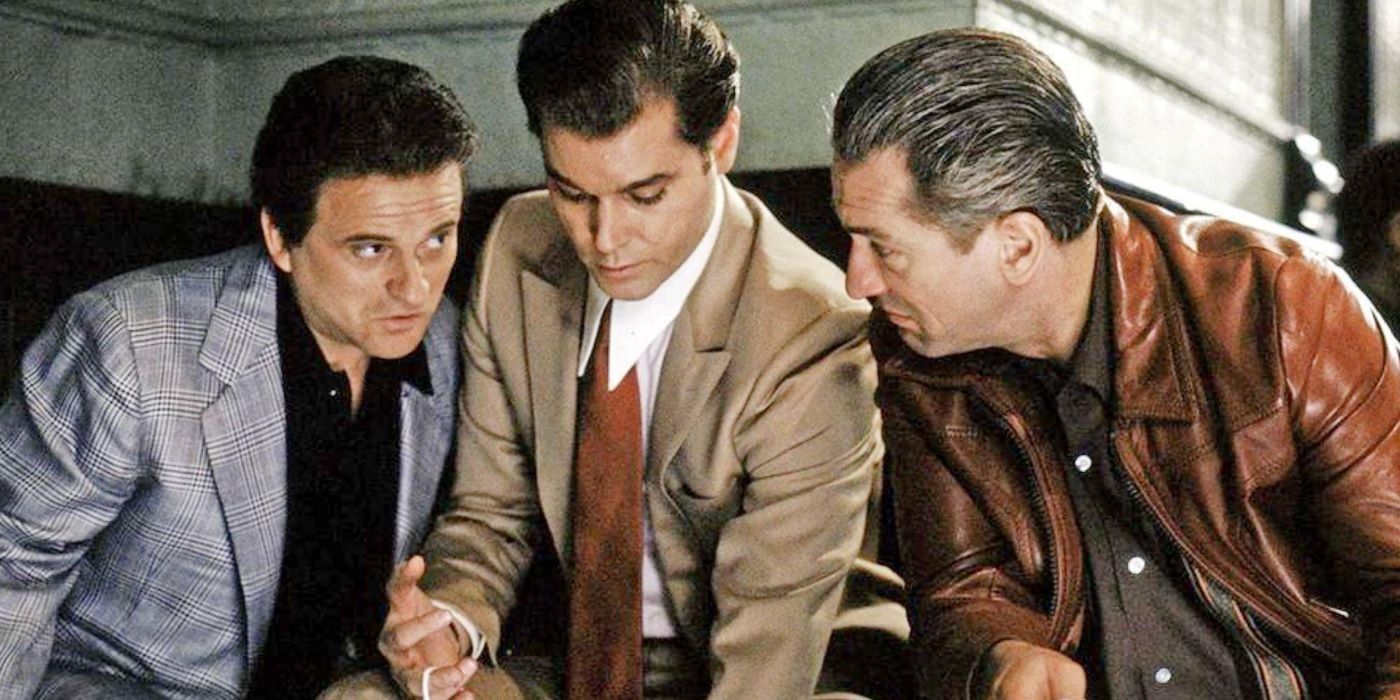
.jpg)
